Users may not know they are chatting with a chatbot. Photo: Washington Post. |
Today, almost all dating apps integrate AI into their operations, as well as become a service for users. The level of AI dependence ranges from algorithmic recommendations, to writing information for users, simulating conversations, and even messaging with potential partners on users' behalf.
In the context of decreasing users, applications are looking for technological solutions to attract them back. However, when everything is optimized by technology, some users gradually lose confidence and do not dare to face real love.
Overuse of AI
Integrating AI into dating apps is nothing new. Typically, chatbots help users improve their profiles, choose better photos, and even detect and block inappropriate messages before they are sent.
Amid a sharp decline in users, Tinder is testing a series of new features that use AI to make discovery and matching more personalized and engaging. The company has launched AI Photo Finder, which helps users choose the best profile photos for their dating profiles.
In early April, the app shot to the top of the App Store charts after launching an in-app game that lets users chat with AI characters in a variety of fictional scenarios. Hillary Paine, Tinder’s vice president of product, growth, and revenue, said AI will play “a big role in the future of dating and the growth of the company.”
This could have serious consequences in the long run. Justin McLeod, founder of dating app Hinge, compares relationships with AI to “playing with fire” and fast food, which is addictive but unhealthy. He argues that users could chat with AI all the time and “fall in love with AI,” or create a fake personality for the avatar chosen by the chatbot.
Hinge founder Justin Mcleod. Photo: The Verge. |
The founder doesn’t even use the platform he created. When asked about adding an “AI lover” feature that can chat and express emotions like a human, he said no.
“There’s a fine line between providing a tool that helps people do something better, and having that tool become a clone of you, trying to mimic emotions, emotional connection,” he said. Virtual relationships only exacerbate the cultural epidemic of loneliness, as more people have fewer friends, and increase the likelihood of health problems.
The Frontiers of AI in Dating
People are increasingly relying on artificial intelligence in their relationships. Nearly 41% of Gen Zers in the US use AI to compose sensitive messages like breaking up, apologizing, or starting a conversation, according to a recent survey from Wingmate. They say AI helps relieve stress and boost confidence, but more than 20% intentionally keep their use of AI a secret due to concerns about insincerity.
However, this can have negative consequences. A survey published by Boston University in March 2025 found that the majority of users, especially women, were skeptical about AI in dating, with only 10% of women and 20% of men believing that AI would increase the likelihood of a successful relationship.
As the founder of Hinge believes, AI should only be a supporting tool, people should not trust and rely on technology to do everything. A study from Cornell University shows that AI companions can reduce feelings of loneliness in the short term, but have long-term effects.
Some young people abuse AI to text friends and lovers. Photo: Newsweek. |
Long-term users who rely heavily on AI are more likely to become isolated, have less real-life interactions, and have weaker mental health. This information is important in an era where mental health is vulnerable and people have fewer friends.
Sitch, a new dating app, is taking a cue from its competitors, aiming to combine human matchmaking expertise with AI-powered data systems. Nandini Mullaji, the app’s founder, says that applying large models to matchmaking takes away the human touch from the process.
Similarly, Clique83, a dating app founded by two Vietnamese founders, has 400 users and a waiting list of more than 5,000 after six months of operation. Clique uses technology to find suitable people, but the key is still letting them meet in small groups (20 people) in real life.
“We want this to be an opportunity for people to meet and chat in the traditional way instead of using technology,” Thuy, co-founder of Clique83, shared. When accessing the application website, users can immediately see the message on the homepage “The future of dating is offline”.
Source: https://znews.vn/ai-dang-thay-con-nguoi-yeu-nhau-post1565118.html


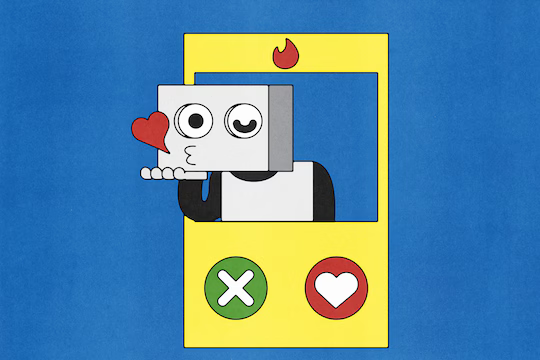
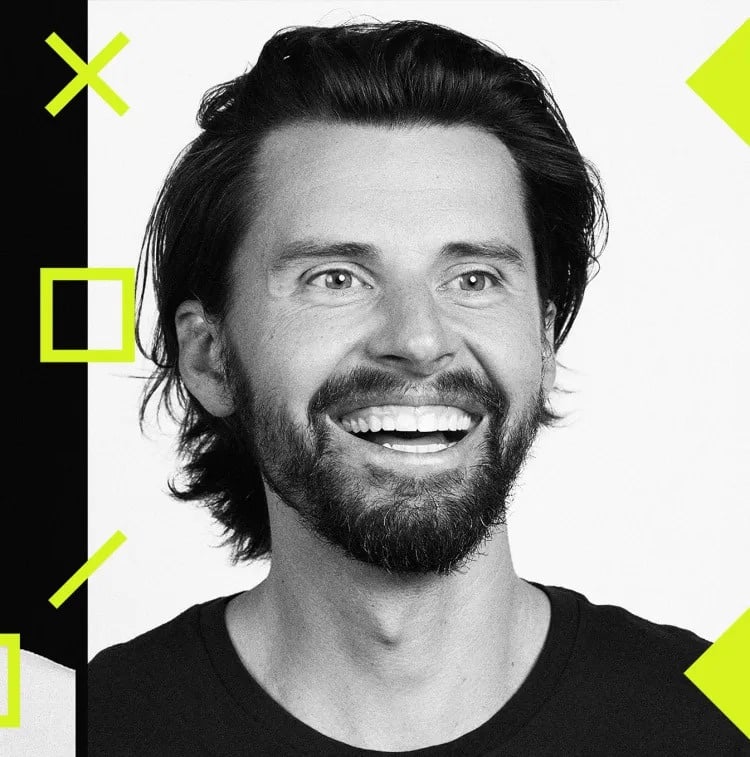
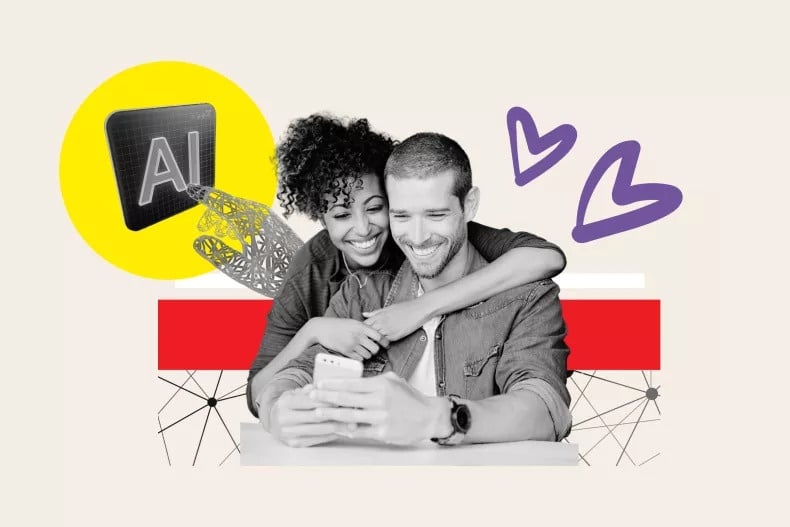


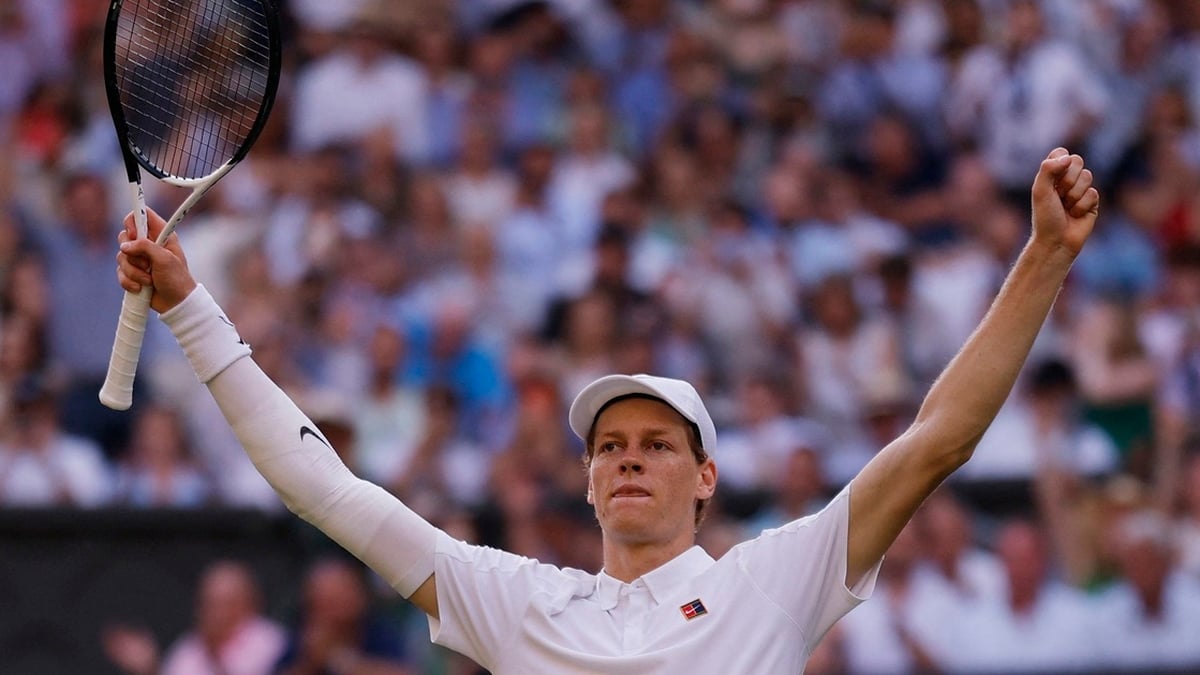

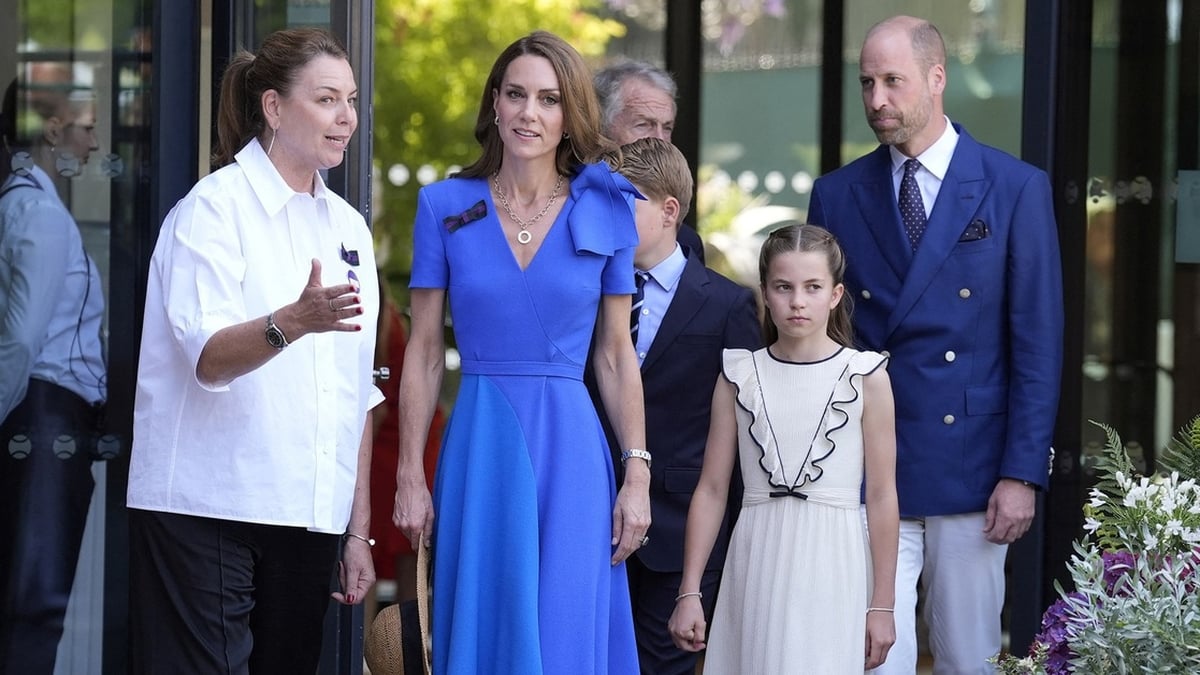
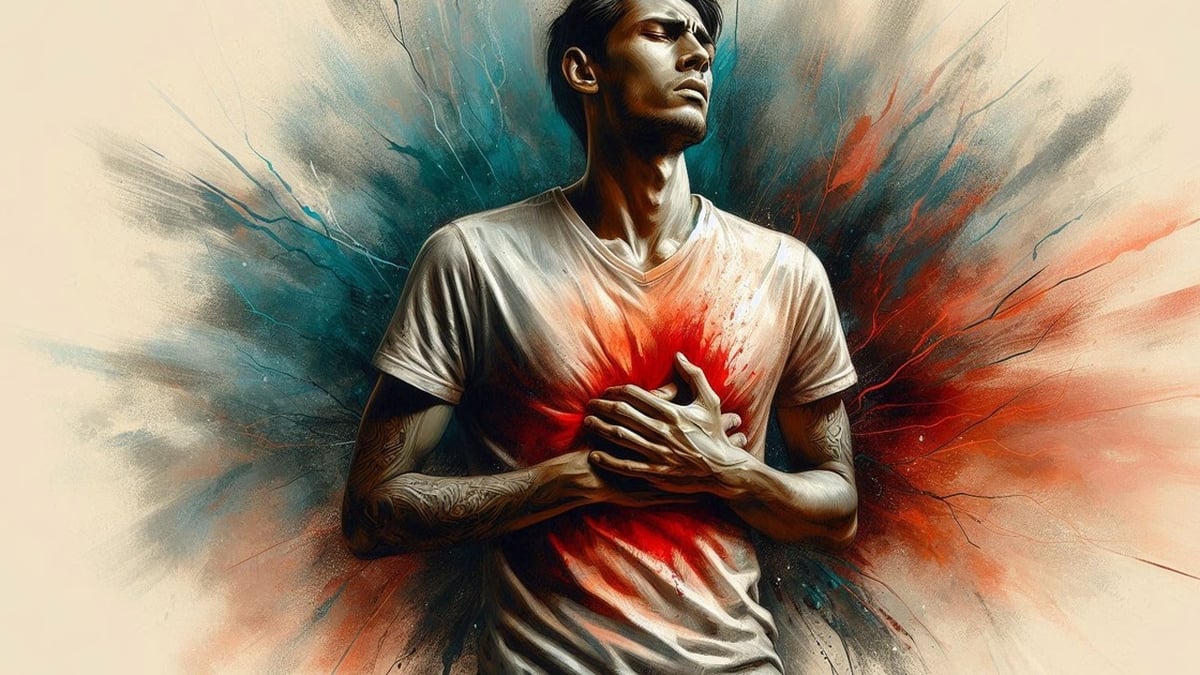













































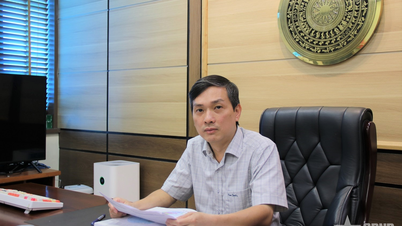















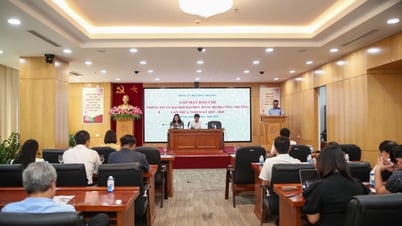




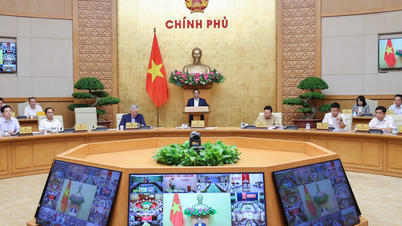

























Comment (0)